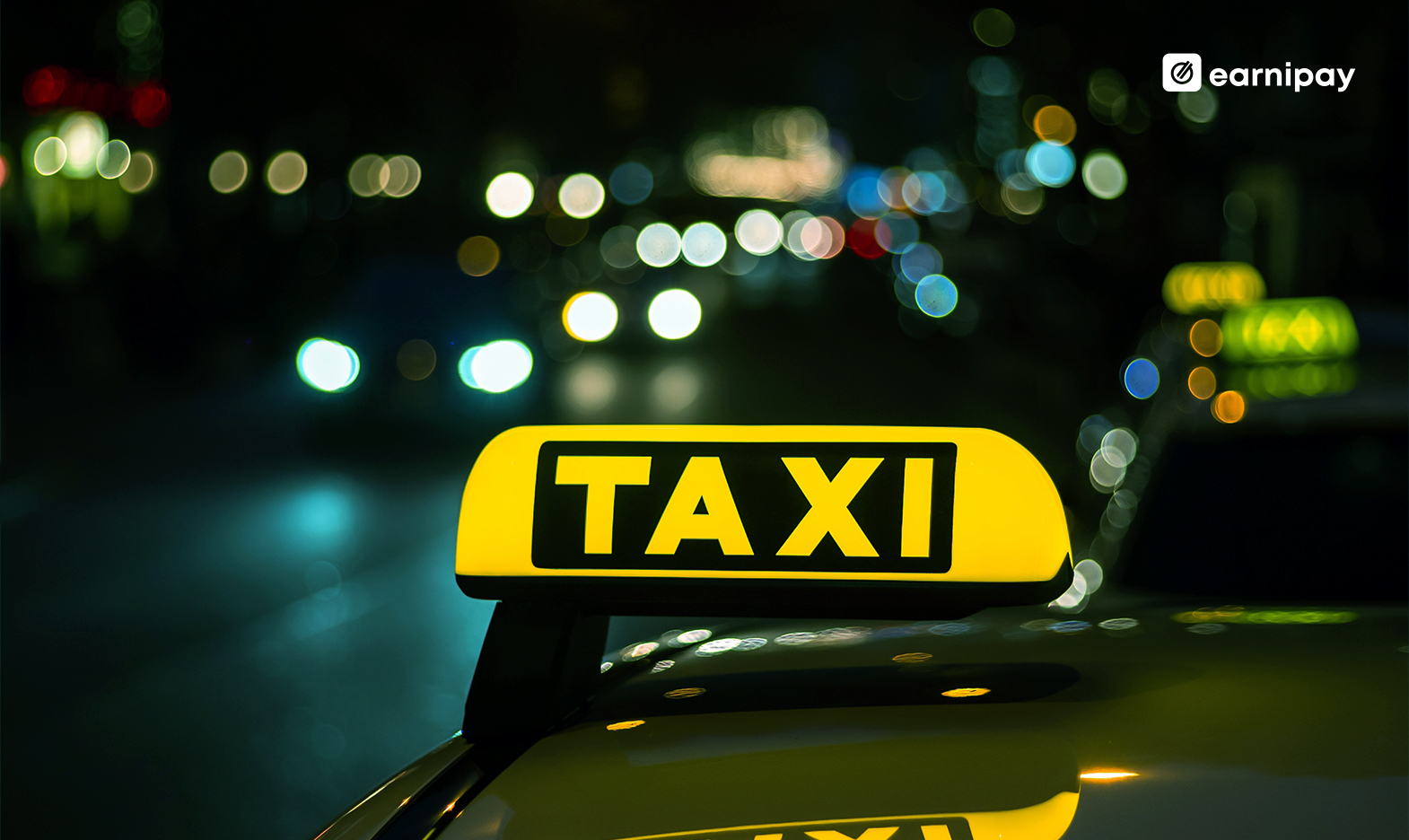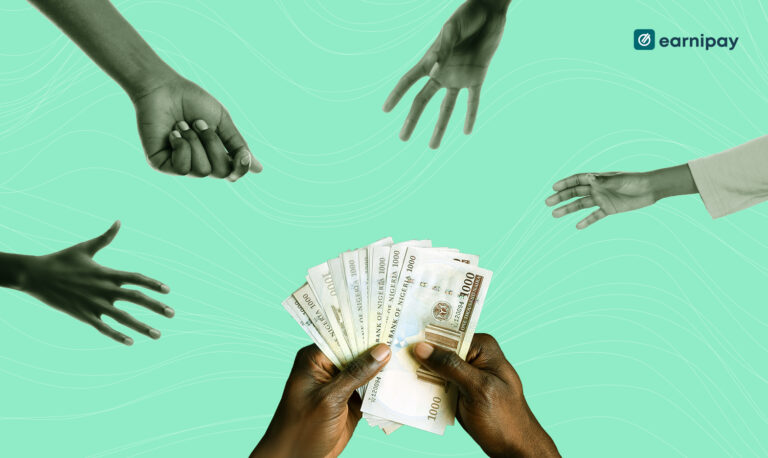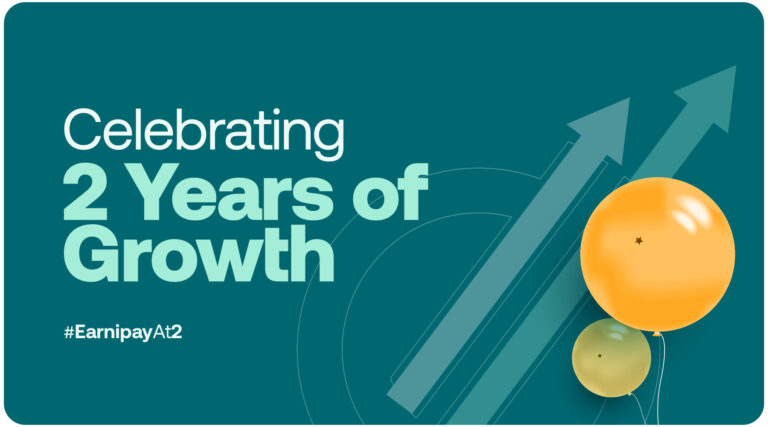Let’s take a closer look at savings and budgeting for transportation in Nigeria and how much time and money we actually spend on the road. In the hustle and bustle of our daily lives, transportation plays a pivotal role in keeping us connected and on the move. Whether commuting to work, exploring new places, or running errands, the cost of getting around can add up quickly.
After spending the last three years working remotely due to the COVID-19 pandemic, many workers have headed back to the office for in-person workdays or hybrid work again.
Working from home has pros and cons, but one thing in the plus column is saving money. Going back to the office — especially in an environment where everything has gotten more expensive — is one of those times. This is especially true as Nigeria’s transport sector is in a recession. For context, Nigeria’s transport and storage industry shrank for two consecutive quarters last year, entering a recession for the first time in 30 months.
Time and Money
In 2018, a report revealed that Lagos residents spent an average of 30 hours per week in traffic. This congestion adversely affects daily life, leading to sleep-deprived schoolchildren and often stressed workers.
It is demand outweighing supply as data by the Nigerian Bureau of Statistics (NBS) showed that the sector became 36% smaller in Q3 after losing over 50% in the previous quarter.
Since May 29th, after Bola Tinubu scrapped Nigeria’s petrol subsidies, prices have stayed at all-time highs. The Federal Government claimed it was saving billions of dollars from that move but a look at the quality of life would make you question that.
NBS said that the average retail price paid by consumers for petrol in May was N238.1, an increase of 162.9% in September (N626.2). The average retail price of diesel also rose from N844.28 per liter to N890.8 in September. Though many of us survived Nigeria’s most expensive Christmas, intra-city journeys by bus have become costlier, rising by 105.9% to N1,337.8 in September from N649.6 in May, while intercity travels became 47% more expensive.
In June, Uber increased its base fares and adjusted the minimum fare on Uber X from ₦850 to ₦1200. This price adjustment means customers now pay N25 per minute. Part of the statement to drivers read, “We are confident that these changes will have a positive impact on your earnings opportunity, and we will continue to work on initiatives which help in making Uber the app of choice for you while maintaining an affordable service for riders.”

How Much Do You Spend on the Road?
How much do we really spend on the road and how can we plan commute costs?
- Calculate Your Commute Costs:
One of the most significant contributors to transportation expenses is the daily commute. Whether you drive, take public transport, or use ride-sharing services, these costs can accumulate over time. Start by calculating your monthly commute expenses, including fuel, public transport fares, or ride-sharing fees.
My hack is using our on-demand pay feature. This way, I’m able to set aside an amount of money for going out, track any increases over a period, and have instant funds in case of emergencies;
- Vehicle Maintenance:
If you own a vehicle, maintenance costs are inevitable. Regular oil changes, tire rotations, and other necessary repairs can take a toll on your budget. Create a separate category for vehicle maintenance in your budget to ensure you’re financially prepared for these routine expenses.
- Budget for Unexpected Expenses:
The road is unpredictable, and so are the associated expenses. Factor in unforeseen costs, such as emergency repairs, unexpected public transport delays, or sudden changes in travel plans. Having a buffer in your budget for these situations can prevent financial stress when the unexpected occurs.
- Ride-Share Wisely:
Optimize ride-sharing expenses by carpooling, using shared rides, or choosing public transportation during off-peak hours.
As we journey through the roads of life, understanding and managing our transportation expenses is key to maintaining a healthy budget and navigating the road ahead with confidence.





Leave a Comment